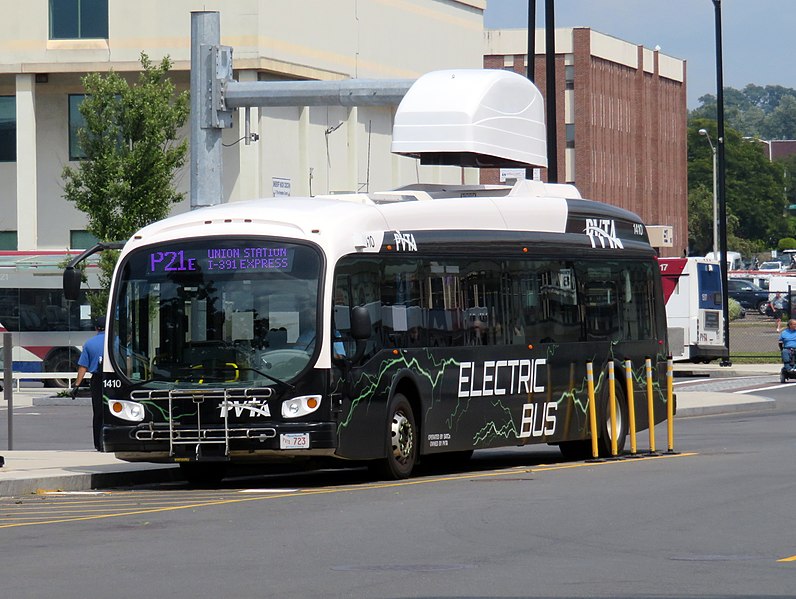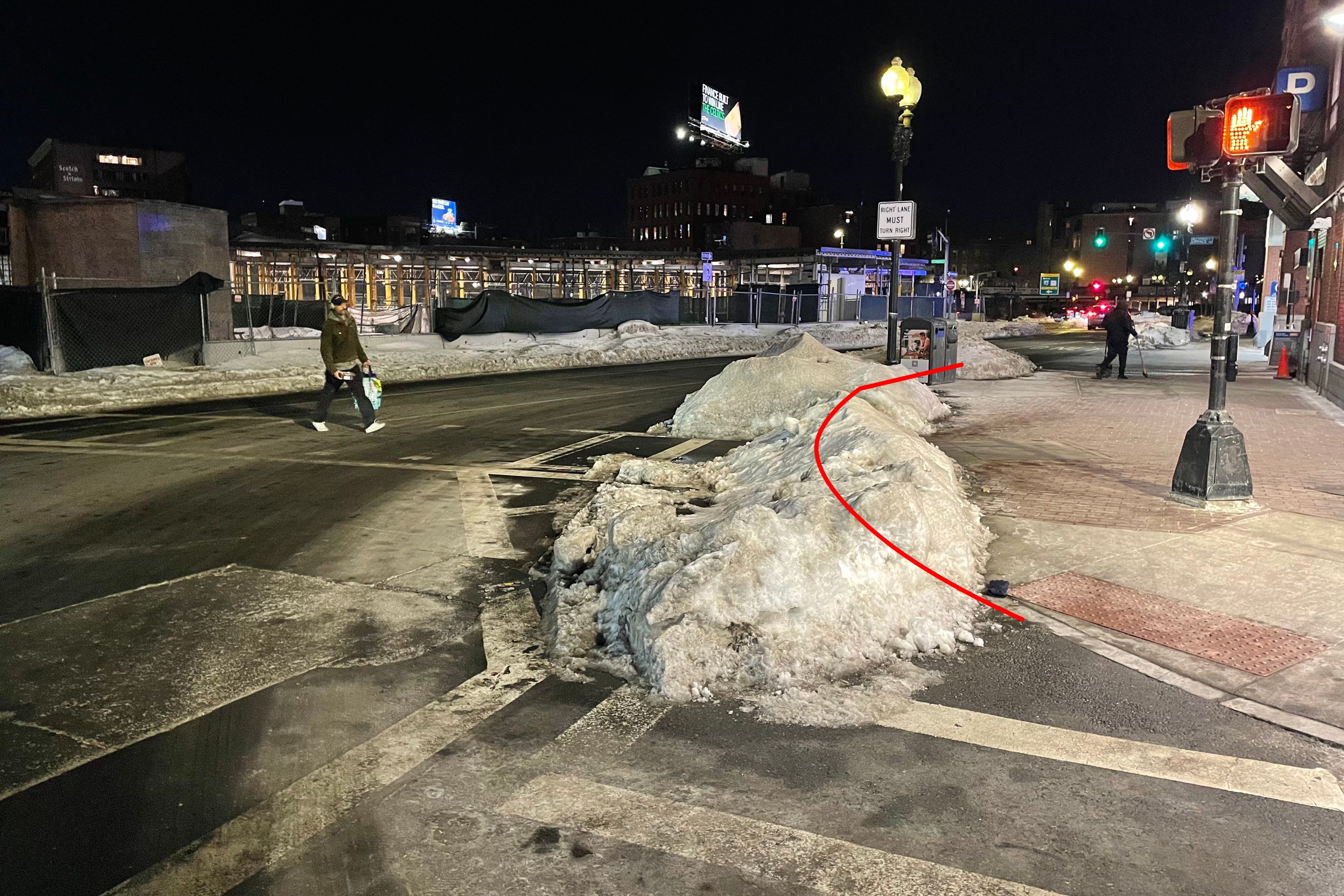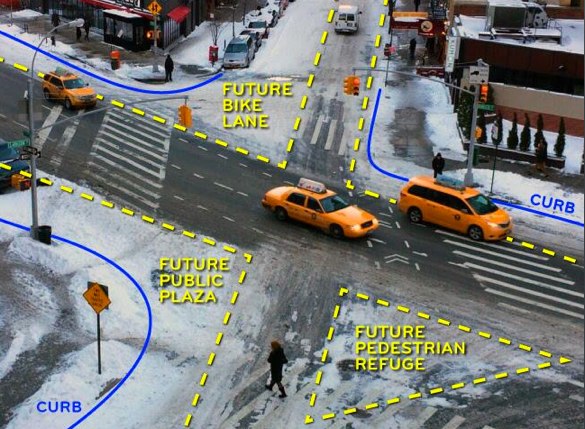Environmentalists and transit advocates are calling on the MBTA to commit to full electrification of its bus fleet by 2030 with ambitious investments in new bus garages and charging facilities, a significant expansion of the existing fleet of electric trolleybuses, and a moratorium on buying new fossil fuel-powered buses.
On Thursday morning, the Massachusetts Sierra Club, TransitMatters, and ITDP jointly released their new "Bus Electrification: Accelerating the Electrification of Bus Service in the Boston Metro Area" report, which calls on the T to eliminate fossil fuel use on its buses by 2030.
The report also outlines an ambitious schedule of infrastructure projects for the T to undertake to meet that deadline.
"One of the chief reasons we’ve been pushing the T to set an ambitious deadline for electrification is because the T needs to make a plan for a new fleet, to get its garages modernized, and to make sure there’s enough funding available in the state budget," explained Veena Dharmaraj, Director of Transportation at the Massachusetts Sierra Club, in a phone conversation with StreetsblogMASS on Monday. "There’s a whole chain of interdependent projects that need to be done. If we only have an open-ended promise to get it done ‘sometime in the next two decades,’ they’ll have already lost the plot.”
Many of those projects - like replacing the T's aging bus garages, for instance, and procuring new buses- are already on the T's to-do list, and need to be completed with some urgency to help the T meet other agency goals for better bus reliability and workplace safety.
In an April board presentation, Scott Hamwey, the T's Director of Bus Modernization, outlined a potential timeline to replace bus garages every two to three years, which, if successful, would put the T on a pathway to fully electrify its bus fleet with battery-powered buses and supporting charging infrastructure by 2040.
But Hamwey also stressed that that goal would be contingent on securing enough state funding to pay for garage construction projects, whose price tags could add up to $4.5 billion. So far, the legislature and the Baker administration have only committed funding for one new garage, in Quincy.
In other respects, the report calls on the T to shift gears to make electrification happen faster.
For instance, the T currently plans to retire its fleet of trolleybuses, which run on electric power drawn from overhead wires, when it renovates the North Cambridge garage where those vehicles are based (that project hasn't yet secured funding; if it's included in next year's budget, work could begin in 2023).
The report's authors point out that those trolleybuses have been running reliably without fossil fuels for decades, and that newer trolleybus models in use at other transit agencies include on-board batteries that allow them to run off-wire for portions of their route.
On Monday, Jarred Johnson, the executive director of TransitMatters, another co-sponsor of the report, argued that "trolley wire is already installed, it’s available, it’s successful. Let’s leverage the assets we already have."
Instead of abandoning the technology, the report calls on the T to upgrade and expand its trolleybus fleet, and build even more overhead power lines along trunk routes where several bus lines converge (like Warren Street in Roxbury) to bring the zero-emission technology to more neighborhoods.
The report also calls on the T to stop buying new diesel-powered buses by 2023. The agency is already committed to buying 160 new diesel hybrid buses over the next two years, along with 80 battery-powered buses to be delivered in 2023 and 2024.
After that, it expects to buy 80 to 100 new buses a year, dependent on the availability of charging facilities at garages and the reliability of newer battery-powered buses.
Dharmaraj, of the Sierra Club, points out that several of the T's peer agencies are making stronger commitments to electric buses.
Seattle's King County Transit, for instance, says it is "committed to move to a 100% zero-emissions fleet powered by renewable energy no later than 2040." It expects to have 120 new battery-powered buses in its fleet by next year, and it recently expanded its network of trolleybus routes.
Metro in Los Angeles has an even more ambitious timeline: four years ago, the agency's board voted to convert all of its 2,500 buses to electric power by 2030. However, its early efforts to electrify its G and J bus rapid transit lines, which run on dedicated busways, have been running behind schedule.
"The T realizes they have to electrify... What we want to say is that with pollution, and climate, and the disproportionate impacts on low-income residents and communities of color, we need an immediate response," Dharmaraj said. "The T needs to have a plan in place, not 10 years down the line, but now."






